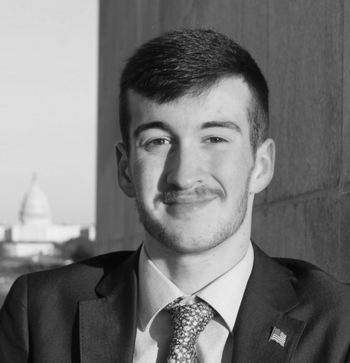University program monitors political candidates social media for 'toxic language'
Two North Dakota State University employees are monitoring 3,500 Twitter accounts for 'toxic language.'
One of the researchers told Campus Reform the study is world-wide.
Two North Dakota State University (NDSU) employees launched a program which reportedly monitors politicians’ social media accounts for “toxic language.”
The project, launched by professor Daniel Pemstein and Research Project Manager Yunus Orhan, is operated within NDSU’s Center for the Study of Digital Society. Its results were reported to be published in the Washington Post before election day, according to an email obtained by Fox News Digital.
Pemstein told Campus Reform the program monitored 3,500 candidates for state and federal office.
He explained that the study is a non-partisan effort to explain “how/if social media behavior affects electoral results, how features of party and electoral systems affect candidate behavior, for what sorts of issues, or under what circumstances, candidates are more or less aligned with their party leaderships when communicating on social media, and so on.”
Pemstein told Campus Reform that more Democrat accounts are being monitored than Republican accounts at nearly a 60/40 split because “Democratic party candidates more commonly have twitter presences.”
Wyoming Republican congressional candidate Harriet Hageman, who was one of the accounts monitored, did not take the news lightly when she was informed that her Twitter account was being watched.
”I’ll tell you what’s ‘toxic’ -- trying to freeze free speech with ominous warnings that ‘we’re watching you’ from pointy-headed college professors and the leftist corporate media,” Hageman told Fox News Digital.
[RELATED: WATCH: Social media shaping gun laws in New York]
Campus Reform was also informed that this project is not exclusive to United States of America candidates.
“We also collected data on primary election candidates and candidates in recent elections in Australia, Brazil, Colombia, France, Germany, Italy, India, Japan, Nepal, and the Philippines, and plan further studies in other countries. In other words, our sample is large and diverse,” Pemstein said.
Campus Reform reached out to everyone mentioned and this article will be updated accordingly.
Follow @thelogandubil on Twitter.

